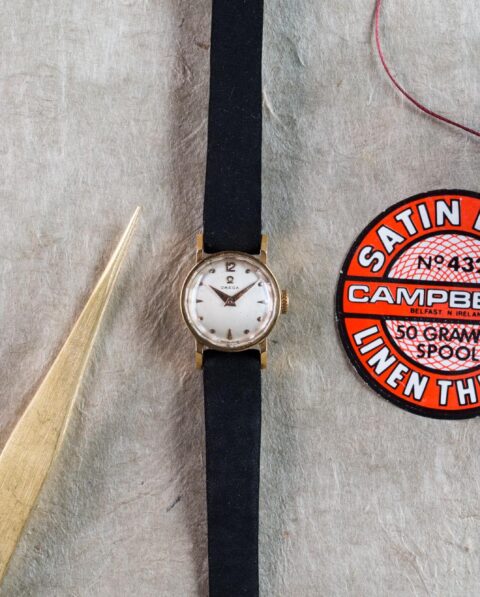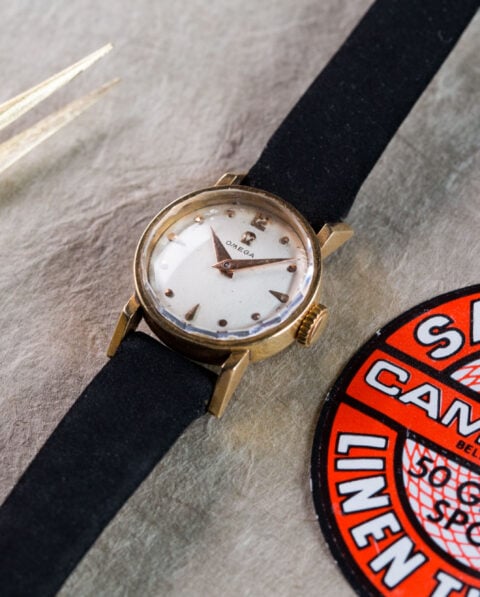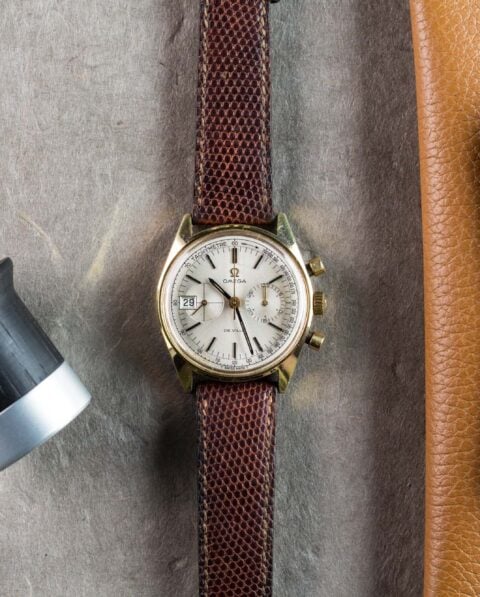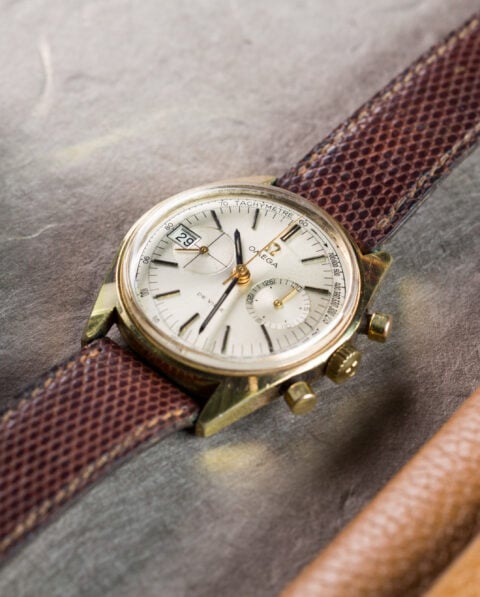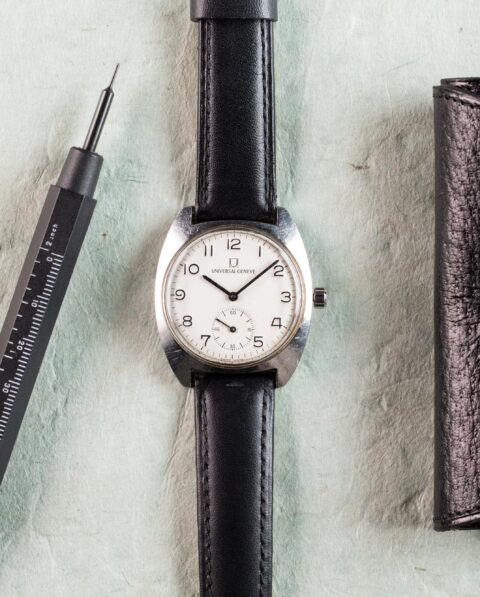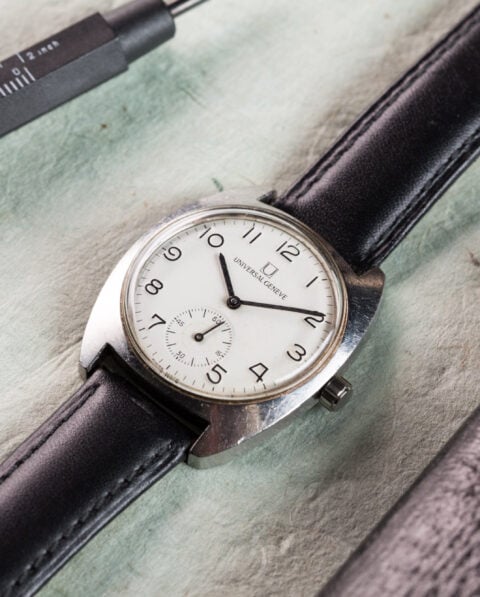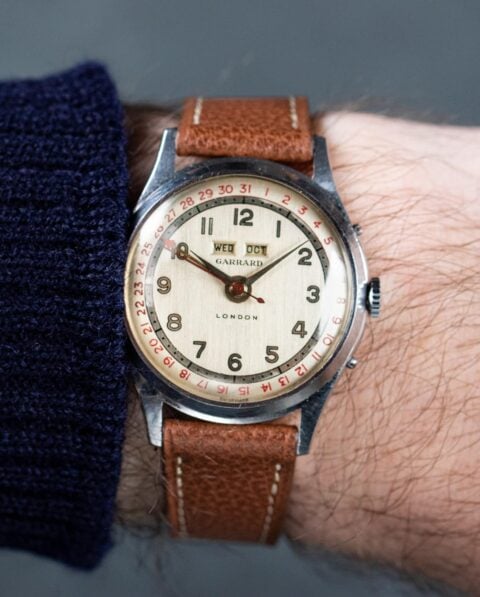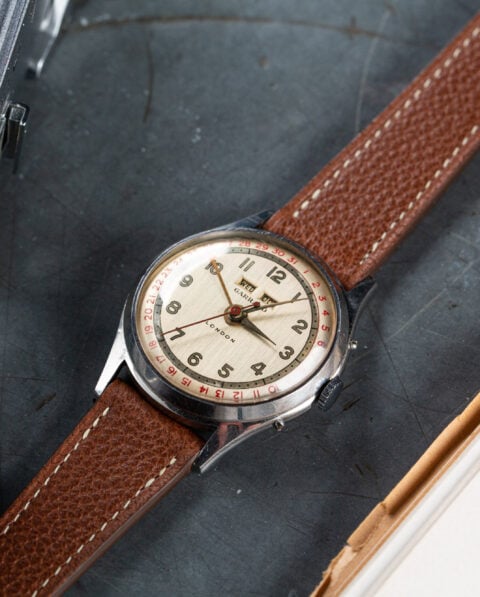Collector’s guide on buying a vintage watch (Pt.1)
Collector's guide on buying a vintage watch (Pt.1)
Choosing a watch, especially when it comes to a vintage one, is tricky business. Everything matters, especially when dealing with vintage. Every detail from the movement, to the dial, to the finish of the case, and above all… the origin.
Some people mistake it for an “easy” job where it all depends on your wallet size. On the contrary, my dear Watson… It’s when it’s full that people tend to throw themselves on anything and everything. This is when the “fake good deal” rears its ugly head.
–
Here are some tips of the trade that will save you from a whole lot of disappointment.
“Vintage watches of excellent quality exist for all wallet sizes, and if well selected,
each piece can be quite interesting.”

Tip #1: Set a Budget
In watchmaking, contrary to other vintage objects, “prices are made.” Especially now with internet, there are few or no secrets when it comes to knowing the market value of a piece. Beware of any retention of information.
Set a budget according to the model(s)’s market value and be ready to exceed it reasonably if you really fall for a piece or find it particularity interesting.

Tip #2: Focus on a Few Models
Collecting should be more about passion and less about speculation, even if it is sometimes seen as an “investment.” When you have set your budget, it’s time to select which models to focus on. Divers, chronographs, military watches, etc. Vintage watches of excellent quality exist for all wallet sizes, and if well selected, each piece can be quite interesting.
Better focus on 1 to 5 models. First, it’s easy to lose oneself when there’s too much choice. On the other hand, if a golden opportunity presents itself, the intelligent thing to do would be to seize it.

Tip #3: Do Your Research Ahead of Time
It isn’t necessary to know everything on the models you’re focusing on, but collecting a good amount of information beforehand is more than important, it’s essential. A watch’s date of creation, type of movement, and original configuration at its release date, etc. are the minimum you should know about.
Gather knowledge through specialized websites, forums, books, or dealers with experience in order to avoid mistakes.
I hope that these few tips will motivate the most skeptical ones among you to take action… and put the brakes on the eager hot-headed ones.
Until next time…
Clément

